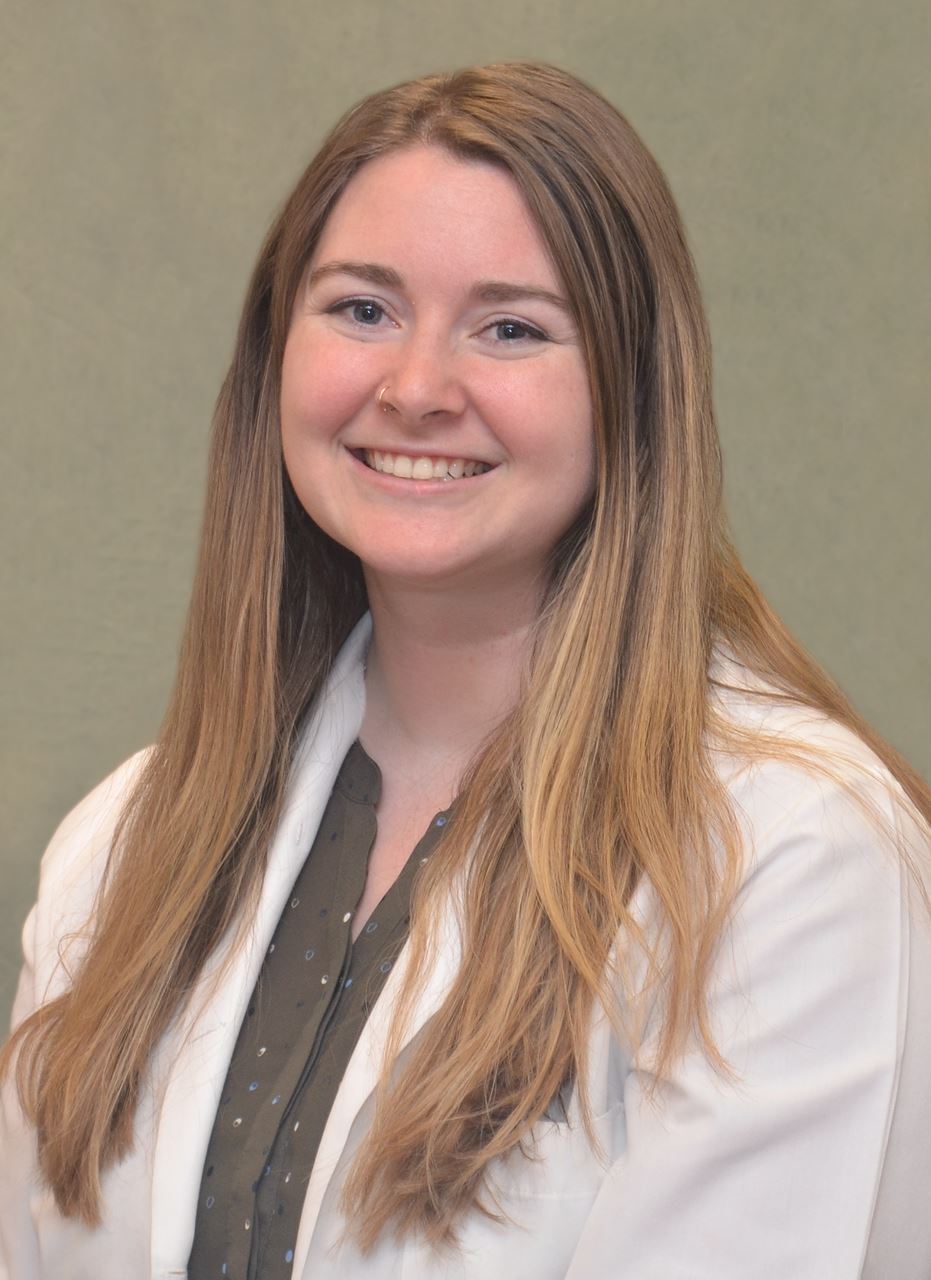 Rachel Hammond:
Rachel Hammond:
When I first began my undergraduate studies, I had the goal of becoming a physical therapist. One of the first courses I took my freshman year was an introduction to rehabilitative sciences class that outlined all of the different programs one could enter in this general field. Part of the coursework involved shadowing your profession of choice for the day. I shadowed a pediatric physical therapist at the local children’s hospital and was surprised that I couldn’t really picture myself doing the day-to-day work of the profession when I had felt so driven to that career path initially.
I found myself entertaining all of the other professions detailed in that course: emergency medicine, occupational therapy, etc. When listening to the head of the Speech Language Pathology department spoke, I found myself really imaging what it would be like to focus on aiding patients’ communication on a daily basis.
At the end of my freshman year, I went with a university group on a mission’s trip to Costa Rica to help local non-profits and the orphanages they are involved with. While I did take a few years of Spanish in high school, this was not enough for most interactions, and I felt the heavy weight that is the division between people who speak different languages and can’t find a way to connect. The children at the orphanages we visited were the exception to this. It turns out playing is a universal concept, and we were able to connect whether there were words shared or not. I took this lesson back from this trip knowing that Communication Sciences and Disorders could be the perfect blend between my interests of languages and newfound appreciation for how much communication gaps can really interfere with every aspect of life.
There are certain things within our control, one of them being the additional languages you choose to spend time learning. Hearing ability is something that is largely out of one’s control. Even wearing hearing protection was not an option to the previous generations as it wasn’t known that hearing loss was an adverse effect to being exposed to loud sounds. I love being an audiologist knowing that every day I can help people with the things that are out of their control and help bridge the gaps in their communication. I strongly believe in this profession and the impact we can make as audiologists. This is a particularly interesting time to be early on in this career in light of all of the discussions surrounding over-the-counter hearing aids entering the market and continued issues with appropriate compensation for our doctoral level profession. While this may have initially made me nervous while in graduate school, when I think about the patients I work so closely with, I know that our profession will only continue to grow with time and continued research. I am so grateful to be a part of it!
